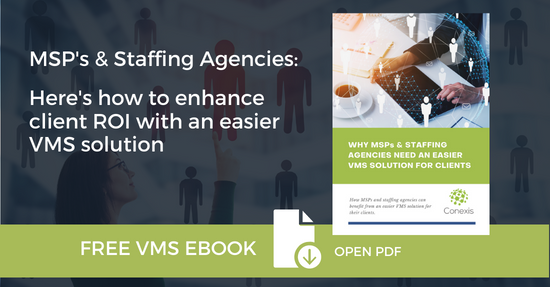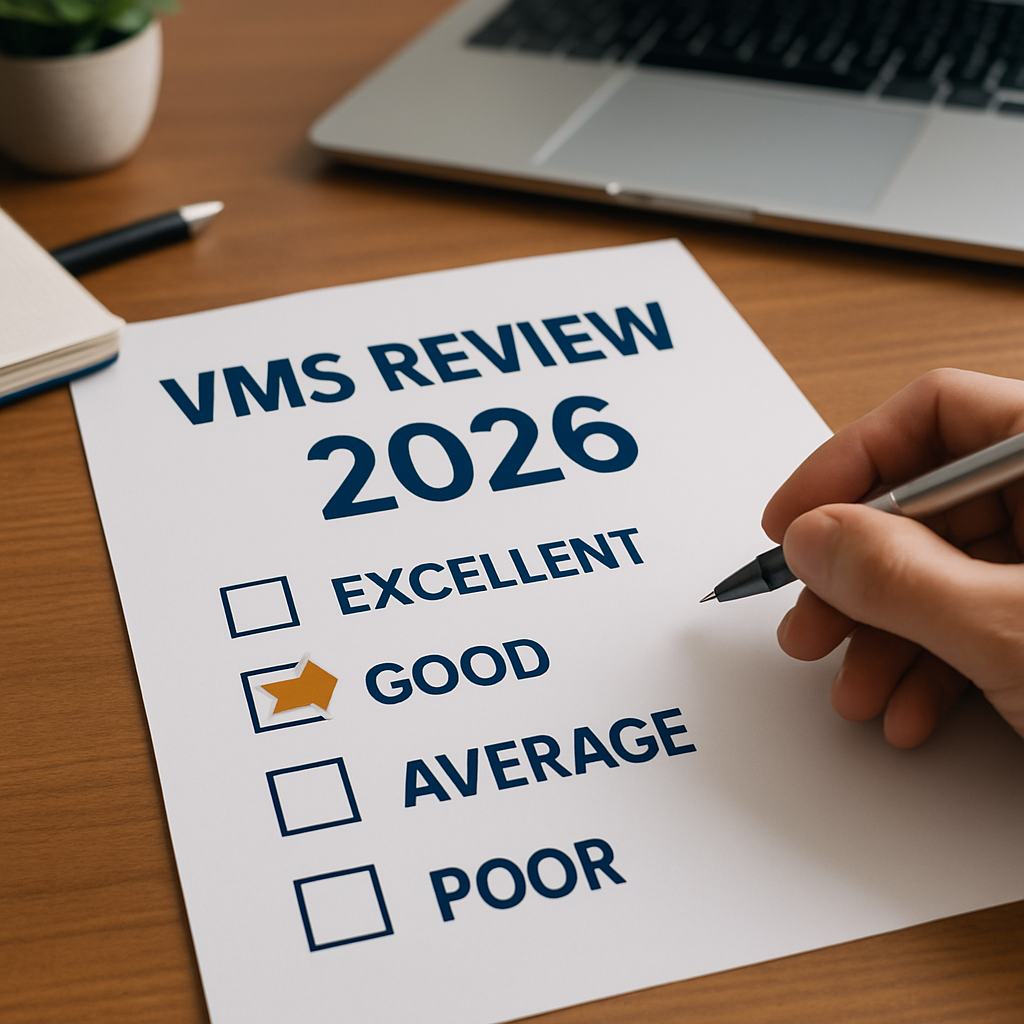The way in which work is getting done has changed dramatically in recent years. Businesses need to be more agile than ever before, there’s a growing number of pools that workers can be sourced from and the use of staffing agencies has risen.
You’ve probably heard the term future of work? This is an expression that defines how companies have, and are, adapting to current market conditions. The primary factor driving the future of work is the growth of the contingent workforce.
In fact, according to a study from Ardent Partners and Workforce Logiq, The state of Contingent Workforce Management 2021: A Future of Work Exchange Study, 82 percent of businesses expect an increase in the utilization of non-employee workers in the next 12 months.
Meanwhile, Deloitte describes the future of work as:
“The future of work is being shaped by two powerful forces: The growing adoption of artificial intelligence in the workplace, and the expansion of the workforce to include both on- and off-balance-sheet talent.”
To adapt to the future of work, organizations must change how they manage both their workers and the vendors they use to source them.
To gain complete visibility and control over their workers and staffing agencies, companies simply must use a vendor management system (commonly known as a VMS) to better manage their externally-sourced workforce.
What is a vendor management system?
A VMS - also known as contingent workforce technology, extended workforce platform or non-employee management system - is a technology software platform that helps facilitate the process of externally-sourced workforce procurement, vendor relationship management and contingent workforce management.
Organizations that invest in a vendor management system are able to realize significant VMS benefits such as complete visibility of their externally-sourced workforce, improved vendor management and performance measurement, reduced workforce costs, greater efficiencies and the ability to ensure compliance.
So, why is a VMS important when it comes to the future work?
Today’s businesses are changing the way in which they fulfill their workforce requirements. An increasing number of organizations are turning to staffing vendors to improve the quality and speed in which they expand their workforce.
A vendor management system can help a business transition into the future of work by:
It gives businesses end-to-end visibility over their entire contingent workforce: Companies are engaging a larger number of contingent workers than ever before to access the best talent and source candidates quickly. By giving organizations total transparency over their workforce, a VMS helps ensure that businesses are fulfilling their workforce requirements through a range of different talent acquisition methods.
Manage all externally-sourced workers: The future of work relies heavily around using externally-sourced workers to become agile, but that doesn’t mean companies should only hire contingent workers. Some vendor management systems can also help companies manage permanent positions hired through a staffing agency.
Insightful data that helps you measure staffing agency performance: Another factor driving the future of work is the increased amount of data that’s helping companies to drive more strategic decisions. The use of a VMS gives businesses insightful data into the performance of their staffing agencies, helping them make better decisions moving forward that improve the quality and speed of acquiring top talent.
Interested in learning more about the benefits of a VMS and how using contingent workforce technology can prepare your business for the future of work? Reach out to Conexis today.




